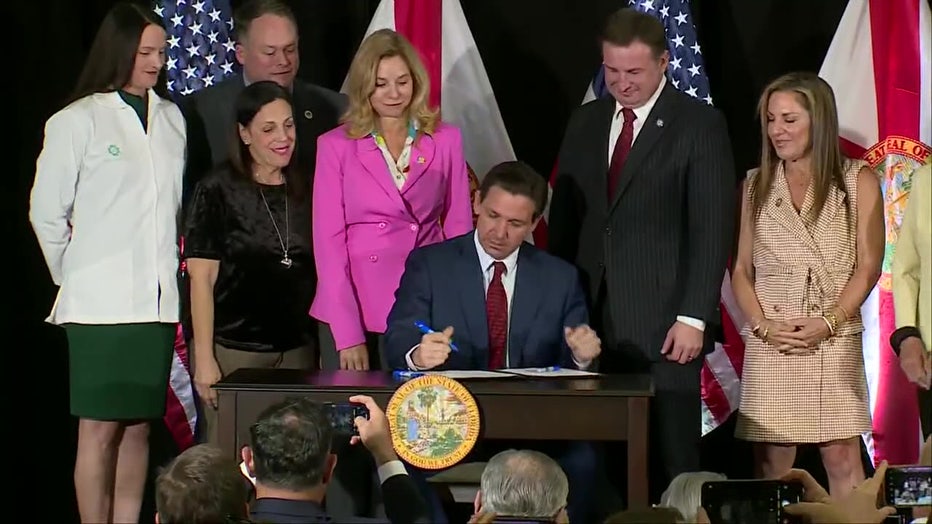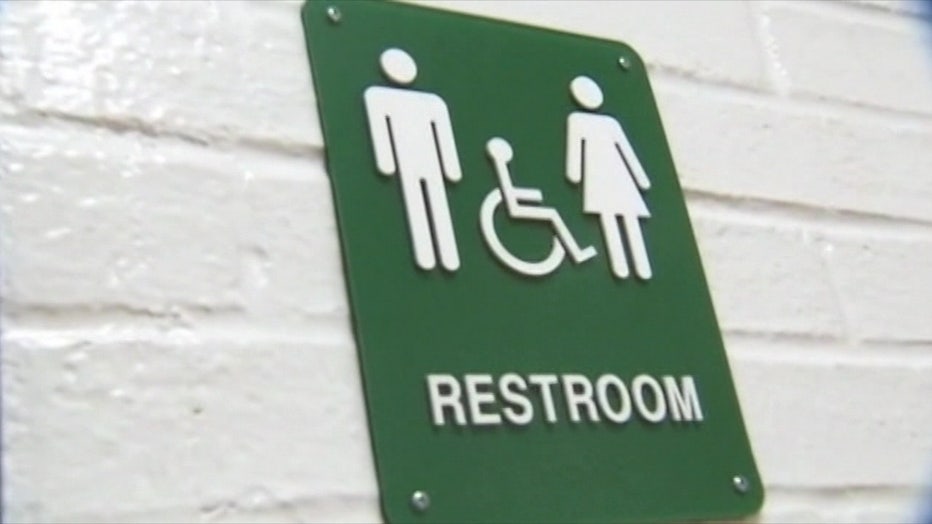Florida Board of Education approves controversial guidelines for upcoming school year
Florida, Fla. - The Florida Board of Education approved new and often controversial guidelines for the upcoming school year in response to more than a dozen education laws signed by Governor DeSantis.
During a marathon meeting that lasted more than seven hours and featured hundreds of comments from the public, the board finalized the implementation of the new laws.
"What we're doing is what we're required to do is implementing the laws that the legislature passed and the governor signed," said Board Chair Ben Gibson as the meeting ended. "Although it was long, we did a lot of great work today. We protected parents' rights, we empowered teachers, and, most importantly, I think we restored a lot common sense back in our schools."
In May, the governor signed 18 new education laws impacting Florida public schools.
Some notable ones set rules regarding personal pronouns and expanded a ban on the instruction of gender identity and sexual orientation to all grade levels.

Gov. DeSantis approves new education laws
The board also approved rules requiring schools to have exclusive male and female bathrooms, a unisex bathroom and mandated parental permission for school activities.
Opponents tried one last time to convince the board that many of these laws are an attack on the LGBTQ community.
"Denying pronouns and eliciting fear, making everyone afraid, is not going to give you more cisgender kids. It's going to give you more dead queer kids," said one woman.
"These policies and laws are chipping away at that safe feeling and putting my children at risk," added another." Teachers are leaving their profession in this state since the passage of these restrictive laws. My daughter was a fourth-grade teacher, but she chose to leave because she refused to hide her identity."

Another commenter urged the board to focus on other issues, saying, "Come on! You have better things to do. Like, fix the teacher shortage!"
Despite the push-back, each item on the table passed unanimously.
However, supporters of the new laws applauded what they viewed as a commonsense approach to education.
"Across our state, we have many educators who have traded in that role as educators and chosen to be activists instead," said one supporter, "who see it as their role to be surrogate parents using their platform to push their views of sexuality on the youngest among us, molding young minds in their image, disregarding parental rights and wishes and, yes, all the way down to Pre-K."

"We live in a time where common sense is no longer common. Thank you for bringing it back," another member of the public said to the board.
The board also approved new guidelines for African American history. Critics accused the curriculum of whitewashing topics like slavery and racism. However, board members agreed the rules set clear expectations for teachers while ensuring some of the more challenging and sensitive topics are taught at the appropriate grade levels.
Parents were able to find some common ground, showing support for laws banning the use of cell phones and social media during school hours and requiring districts to have a social media awareness curriculum.
It will now be up to school boards and superintendents to ensure schools comply at the start of the school year.

